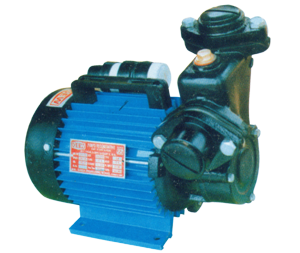ElectroEnthusiast
Member level 5
We have an Water Pump rated 0.25HP which used to normally pump water from ground tank to supply tank in 45 min i.e., it would pump 3000 lts(estimated) of water in 45 min. The pump got spoilt and was repaired few times. From what i remember, the capacitor was changed once and the other time the internal motor winding was rewound.
My question is, 1) What made the pump to slow down?
2) Will there be any change in power consumption of motor?
3) Has the efficiency of motor decreased?
My question is, 1) What made the pump to slow down?
2) Will there be any change in power consumption of motor?
3) Has the efficiency of motor decreased?
